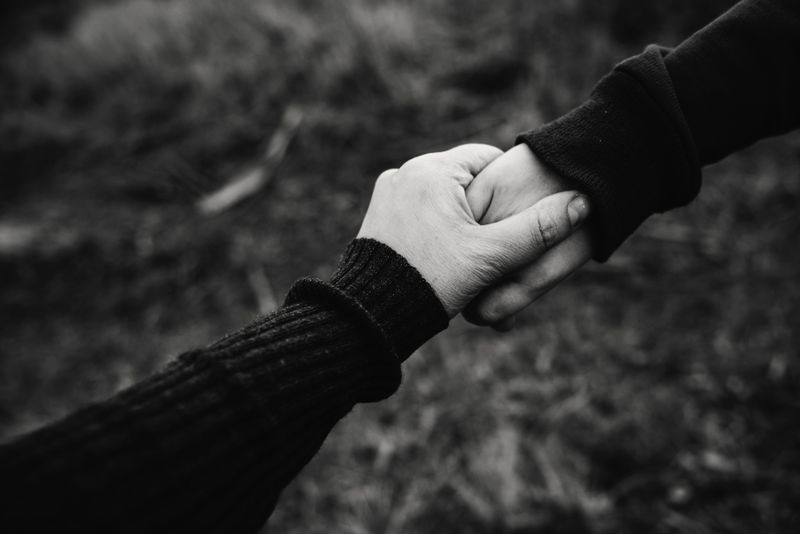Jan 19, 2019
The kokuhaku and beyond

The kokuhaku, confession of affections, is perhaps the most confounding aspect of dating in Japan. You’ve been acculturated to ambiguity, aimai, all this time and suddenly, your partner springs this on you. And it’s straight up. I want you to be my lover.
I’m a Canadian woman who on arrival in Japan was already over 26 years old. This was in the late 90s when people here still perceived single women over 25 years old as “Christmas cake”, past their best before date. I thought my opportunity for romance was done. I would never hear kokuhaku from the guy of my dreams.
But Japanese popular culture has shifted since I first arrived. In my 30s, I had the pleasure of dating both Japanese and non-Japanese guys who had gotten over this terribly limiting perception of women in this age range. Many of my female friends, from all backgrounds, have met life partners beyond this artificially imposed expiry date. Some have met their ideal partners after 40.
When I was dating, there were some hits, and some wide misses. But what really got me was kokuhaku, the bold and sometimes awkward expressions of sincere affection.
Early on, I wasn’t sufficiently acculturated to know what I was getting into when I dated colleagues and friends of friends. For a while, I casually dated a Japanese guy near my age, who happened to be working close by. We would go for dinner after work and ride the train home together. One evening, hanging on the strap on a crowded train he said, “You’re my best girlfriend,” and in reply I blurted out, “Dude, I’m your only female friend.” It was brutal, but true. We broke off our dinner dates after that awkward moment.
But this is how, despite all the subtly and subterfuge attributed to Japanese communication, guys broach the subject of serious dating. The kokuhaku is like a bludgeon after all the second-guessing, veiled comments, and surreptitious glances. And then you get it upside the head. And now age is no barrier.
I find it refreshing and fun. North American guys, at least the Canadian and American kind, don’t profess their affections so directly. Those who do are often regarded suspiciously. It’s like North Americans are nervous about directly professing their feelings of affection, and they won’t receive it.
But with Japanese guys, this is the modus operandi. They state outright they want to date you. It’s a great relief from the pussyfooting we engage in when dating in North America.
My guy actually had to do it twice. I wouldn’t accept it the first time. It wasn’t that I was resistant to the overture. It’s just that he chose the wrong moment, when we were under the gaze of superiors. I had enough cultural acumen to know that he’d chosen the wrong time and place, though the sentiment was just right.
Some weeks later when he made kokuhaku in private, I accepted and we’ve been together for a year now.
You may think, where’s the female agency in this? But it comes down to the acceptance or rejection. Women are free to rebuff kokuhaku. And for the most part, Japanese guys deal with it.
Some Japan culture nerds will tell you that “I love you” and “Daisuki desu” are equivalent and that “Aishiteru” has a different connotation and is reserved for communication of affection exclusive to family members in the most extenuating circumstances. That may be true. But my guy and I say “Aishiteru” to each other every day.



0 Comments